S-ioanna-g-a - SIGA

More Posts from S-ioanna-g-a and Others
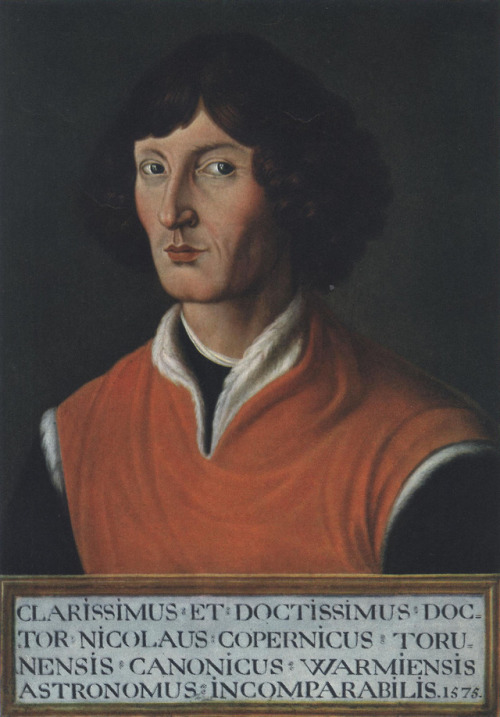
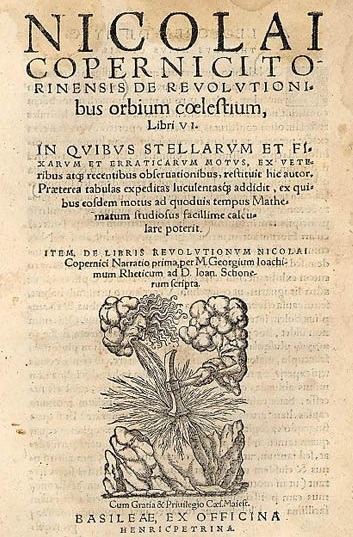
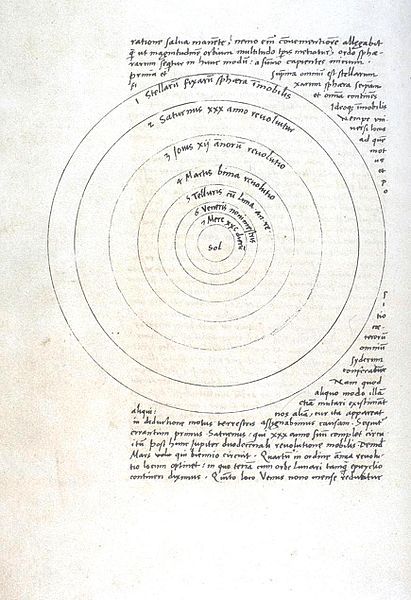
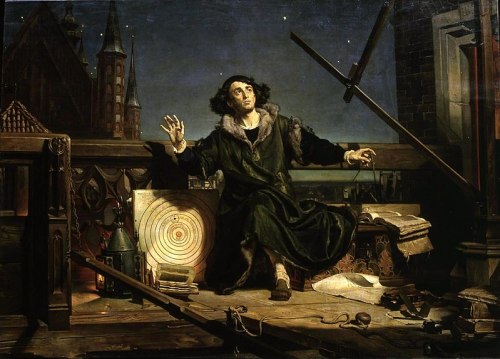
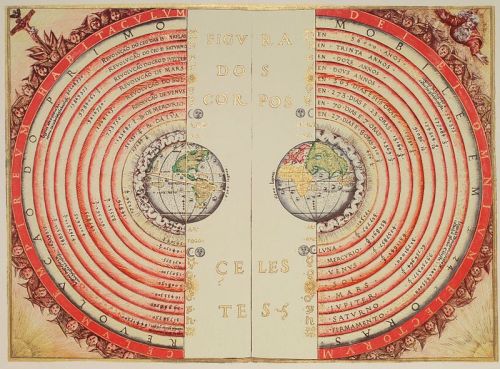
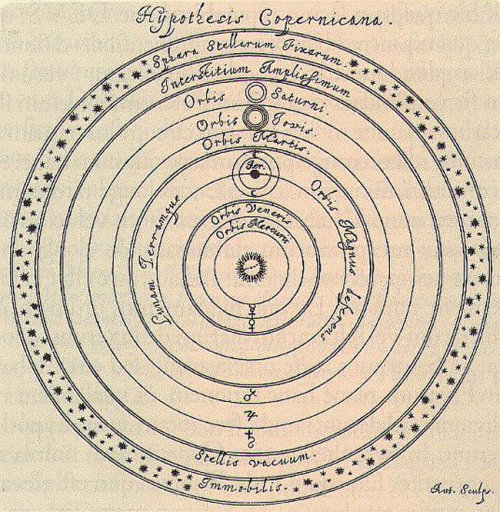
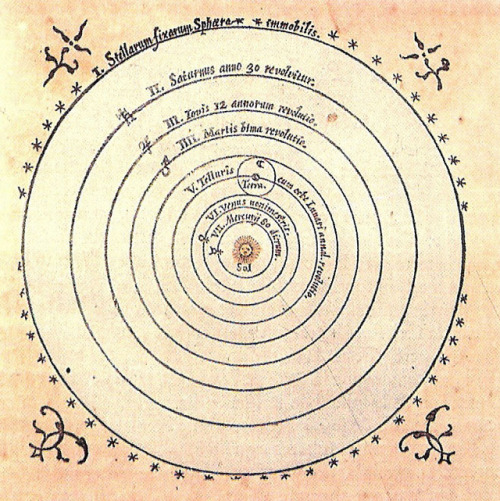
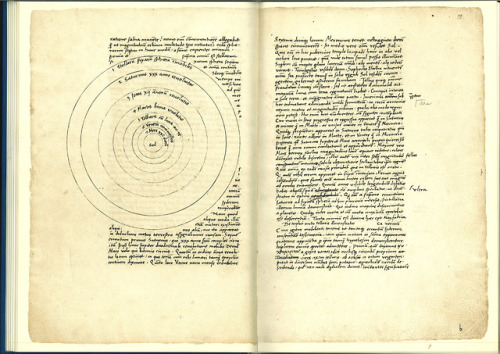
Nicolaus Copernicus
Nicolaus Copernicus (19 February 1473 – 24 May 1543) was a Renaissance-era mathematician and astronomer who formulated a model of the universe that placed the Sun rather than the Earth at the center of the universe, likely independently of Aristarchus of Samos, who had formulated such a model some eighteen centuries earlier.
The publication of Copernicus’ model in his book De revolutionibus orbium coelestium (On the Revolutions of the Celestial Spheres), just before his death in 1543, was a major event in the history of science, triggering the Copernican Revolution and making an important contribution to the Scientific Revolution.
Copernicus was born and died in Royal Prussia, a region that had been part of the Kingdom of Poland since 1466. A polyglot and polymath, he obtained a doctorate in canon law and was also a mathematician, astronomer, physician, classics scholar, translator, governor, diplomat, and economist. In 1517 he derived a quantity theory of money – a key concept in economics – and in 1519 he formulated an economic principle that later came to be called Gresham’s law.
source

Sometimes I Wonder About This






Cada vez soy más consciente de que uno se convierte en lo que mira, en lo que recuerda, en lo que anhela, en lo que transmite. Ahora sé que el futuro comienza hoy y depende de lo que elijo ver, de lo que me permito decir, de lo que quiero recordar y de lo que decido amar.
Laura Esquivel (via hachedesilencio)





Portraits
by Ashkan Honarvar
No importó si no había agua, no importó si no nos embriagábamos a morir, no importó el sol tres horas en la cara ni la lluvia en el regreso, lo que importó fue que estábamos los cuatro.


Chaos poetry


Ordinary Love, U2
-
 crookperfectionprincess liked this · 1 year ago
crookperfectionprincess liked this · 1 year ago -
 coffeetear-9-sex reblogged this · 1 year ago
coffeetear-9-sex reblogged this · 1 year ago -
 coffeetear-9-sex liked this · 1 year ago
coffeetear-9-sex liked this · 1 year ago -
 yuksitae liked this · 1 year ago
yuksitae liked this · 1 year ago -
 nyctofilic reblogged this · 1 year ago
nyctofilic reblogged this · 1 year ago -
 verpanobud liked this · 1 year ago
verpanobud liked this · 1 year ago -
 fannibalmusical liked this · 2 years ago
fannibalmusical liked this · 2 years ago -
 sickfuxxx reblogged this · 2 years ago
sickfuxxx reblogged this · 2 years ago -
 msftsrep23 liked this · 2 years ago
msftsrep23 liked this · 2 years ago -
 itsthelonelyalchemist reblogged this · 3 years ago
itsthelonelyalchemist reblogged this · 3 years ago -
 herroyalminjaness liked this · 3 years ago
herroyalminjaness liked this · 3 years ago -
 yungginger reblogged this · 3 years ago
yungginger reblogged this · 3 years ago -
 yungginger liked this · 3 years ago
yungginger liked this · 3 years ago -
 deadgemini666 reblogged this · 3 years ago
deadgemini666 reblogged this · 3 years ago
